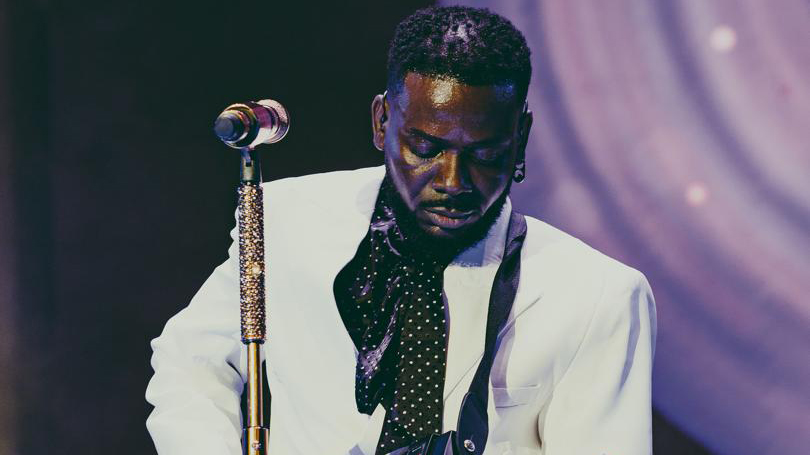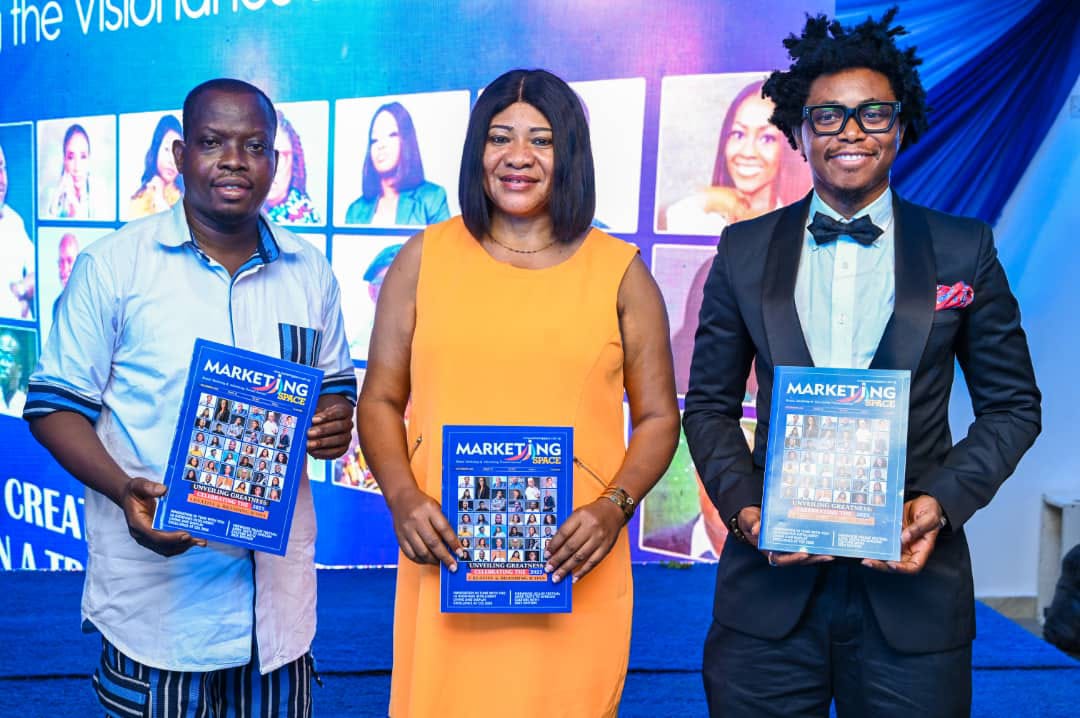
As hate speech and fake news continue to threaten the peace, unity and corporate existence of Nigerians, the Media Awareness and Information for All Network (MAIN), in collaboration with the United Nations Educational, Scientific and Cultural Organisation (UNESCO), at the weekend, held a validation workshop for the research conducted on ‘Appraisal of fake news/hate speech on social media in Nigeria and the implications for 2019 general elections and beyond.’
This was done under the project, ‘Building Capacity of Nigerian Social Media Producers/Bloggers in Countering Hate Speech & Fake News.’
The purpose of the workshop was to validate the research and the major output of drafting a Journalists’ Guide Book on “Unraveling Fake News and Countering Hate Speech.”
The chairman of MAIN, Prof. Lai Oso; Drs. Seyi Soremekun and Jide Jimoh conducted the research. Oso told The Guardian that the need to carry out the research and subsequently coming up with the journalists’ guideline became eminent following the effect of fake news and hate speech on the 2019 general elections.
He added, “There is a general global concern about the menace of fake news and hate speech, because of the possible negative effect of the two narratives on national cohesion, on inter-group relation and the democratic process in general; the possibility of people developing a kind of antagonistic behavior or actions against each other through some of these narratives.”
He said one could not find solutions to a problem without properly understanding the problem. According to him, “We sought to understand this menace and how it was deployed in the 2019 election and the possible influence it might have had on the outcomes of the election, particularly the presidential.
“Our ultimate goal is to use the understanding we got from the research to further equip media men, bloggers, journalists with the necessary skills on how to handle any of the two narratives. We believe that if more journalists and bloggers were made to realize the possible consequences of these things, they would have acted better; they would have been more critical.”
Oso explained that though the research is centered on issues of election, it looks at the broader implications of fake news and hate speech beyond the elections, in terms of “what kinds of images we carry in our heads about other people, group, and how the media could facilitate, cement or discourage the negative narratives all over the country,” he said.
The research was presented to seven journalists and Prof. Abigail Ogwezzy-Ndisika of Mass Communication department, University of Lagos, for validation, and the team at the end of the workshop drafted the guideline for journalists on hate speech and fake news.
The research notes the need for continuous training of journalists on conflict-sensitive reporting with emphasis on respect for diversity.
It stated, “The spread of hate speech and fake news poses a lot of threat to the quality of public discourse, political system, sound policy outcomes and national cohesion. Since hate speech and fake news are spread through the media, public trust in the media is negatively affected, thus the high level of public distrust and scepticism of the media.”
According to UNESCO publication “…. the intentionally misleading content spread by these (social media) is affecting citizens’ understanding of the reality and undermining trust, informed dialogue, a shared sense of reality, mutual consent and participation.”
While presenting the research, Oso noted that there was a high prevalence of both fake news and hate speech in the run up to, during and after the 2019 elections in Nigeria; social media such as Twitter, Facebook and WhatsApp and online news platform were used for most of the fake news and hate speeches.
According to him, the dominant issues revolved around politics but ethnicity and religion were weaponized for political ends, adding that members of the public, through comments, were the highest disseminators of fake news and hate speeches.
He also disclosed that a high majority of both fake news and hate speech emanated from the male gender in Nigeria, saying, “a vast number of people believed the messages from social media but interviewees are of the opinion that such messages might not have significantly affected the outcomes of the elections.”
The arrival of the Internet and the various discursive and communicative space, he argued has led many to believe that we are in a new brave world. Internet technology, he explained, is seen “as the gateway to new form of social intercourse, new patterns of interdependency and new opportunities for political renewal. It is an era in which the citizens have the possibility of occupying the centre stage in the public sphere as creators, disseminators and consumers of information,” he added.
He further noted that the Internet and news/social media are regarded as tools for democratisation in the sense that they give the ordinary citizens the voice, to add their views and perspectives in the society wide discourses this promoting participation and inclusiveness.
He said, “There is no doubt that this technology and its offspring’s particularly the social media have given same discursive power to the citizens in forms of citizen Journalism blogging, social massaging, and so on. They have also offered a form of counter power challenging the hegemony of mainstream journalism and political power elite. They have also facilitated the emergence of a global public sphere.
“The social media landscape in Nigeria is very active. The Global State of Digital in 2019 reports that there are 98.39 million internet users in Nigeria, “compared to January 2018, there has been a 4 million increase in the number of internet users.”
The study noted that in the campaign leading to the 2011 General Elections in Nigeria, Goodluck Jonathan, the presidential candidate of the People’s Democratic Party (PDP), relied heavily on Facebook, culminating into the publication of a book, My Friends and I, celebrating the perceived success of his interaction on the social media platform and the subsequent elections in 2015. 2019 witnessed even more politicians across parties making use of social media.
The more popular ones used by politicians include Facebook, Twitter and WhatsApp. It is no surprise then that the battle to win followers and sway them from opposition was increasingly sought on social media platforms. The report of a study on the use of Whatsapp during the 2019 election in Nigeria noted that politicians developed sophisticated social media teams that drive messages to thousands of supporters. In the process, fake news and hate speeches, misinformation, disinformation and other negative communication dominated the social media landscape.
Thus, the need for solutions to the negative effects became more imperative. According to him, “creating a ‘Fact-Check’ platform that is accessible to the public is necessary; Media and Informational Literacy (MIL) need to be strengthened through aggressive outreach to Secondary Schools and Universities; training of Politicians (Party Executives and Candidates) on the Fake News and Hate Speech and the implications on peace and security of the nation; training of digital media producers on media ethics and national development; promoting self-regulation amongst digital media producers and awareness raising on rights (political, cultural, social, religious) of individuals and groups.”






